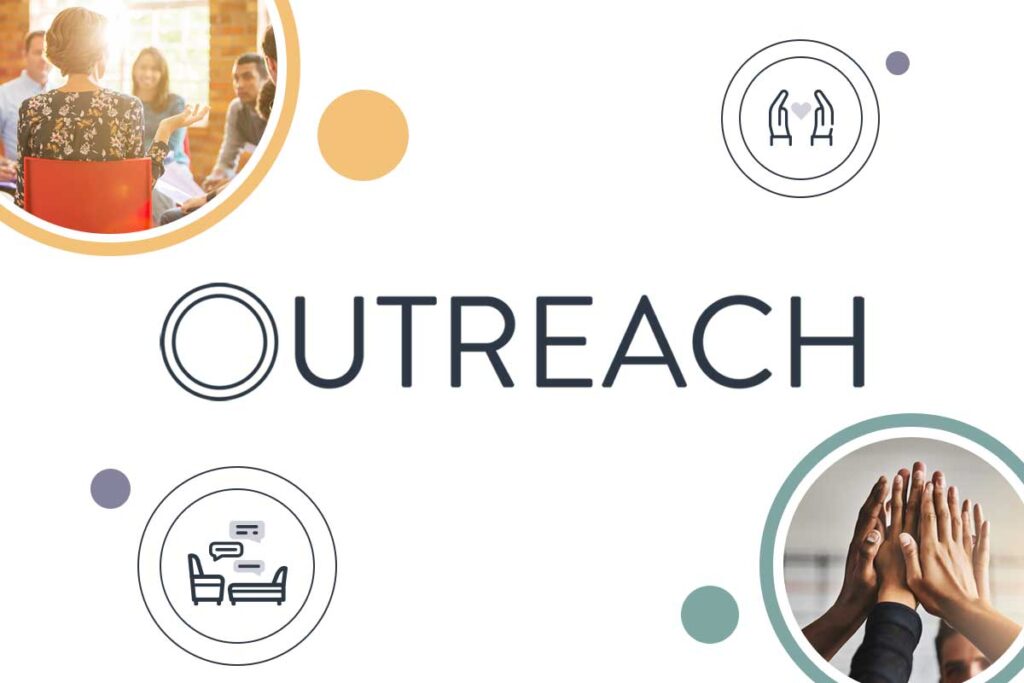Are you or someone you care about struggling with an addiction to alcohol or drugs? Addiction counseling near me can make a world of difference, helping to free you from the substance that’s taking over your life and putting you back in the driver’s seat.
The reality is, a lot of people today are struggling with addiction because it’s so easy to get swept up in the lifestyle and the habit of drug and alcohol use. You shouldn’t feel ashamed. Nor lost or hopeless. At Outreach Recovery, we can help. Whether it was too much partying, difficulty coping with life’s challenges, depression or you became addicted to pain medications after an injury or surgery, counseling near me can be the turning point you’ve been looking for to help you reach the next stage of your life.
Unless you’ve gone through counseling for addiction before, you may have some questions about how the process works. Here are answers to common questions about addiction counseling and therapy to help you decide if recovery is right for you.
How long will it take to go through counseling?
There’s no specific length of time as every individual counseling session has such a unique situation. Timing depends on what you’re addicted to, how long you’ve been using the drug, and personal details such as any mental health issues or a family history of addiction. Because you’ll still have cravings even after a medical detox program, it’s important to work with an experienced addiction counselor to help you cope with the challenges of recovery over the long term.
How long does it take to detox?
Before you can start counseling and are able to reach sobriety, you’ll go through a detox to flush the drug or alcohol from your body. Generally, medical detox takes from three to seven days. You can go through the detox process at our facility or at home. Through the use of telemedicine, in-home nursing services, and pharmacy delivery, we’ll ensure you’re able to safely go through medical detox whether or not you’re able to attend our inpatient or outpatient programs.
Does addiction counseling include medication-assisted treatment?
In many cases, medications such as Vivitrol and Suboxone can aid the recovery process by helping to prevent a relapse. When you reach out to us at Outreach Recovery for counseling, we’ll discuss your options for medication-assisted treatment. Our experienced team has seen incredibly positive results with the use of FDA-approved addiction medications, and we can advise you on which ones, if any, may be right for your situation.
How does counseling make it possible to overcome an addiction?
With depression counseling, using CBT near you, you’ll gain the tools you need to cope with stress, negative thoughts, and obstacles that would usually entice you to use. One of the most effective therapies used in counseling is cognitive-behavioral therapy, which is helpful both for substance abuse disorder and mental health issues such as anxiety and depression. Cognitive-behavioral therapy (CBT) helps you transform the way you think to influence how you act.
During Cognitive-Behavioral Therapy, we’ll help you develop strategies for identifying and avoiding high-risk scenarios. We’ll make sure you have a variety of coping mechanisms you can draw upon to help you make healthier choices. Cognitive-behavioral therapy also helps to increase self-confidence and self-efficacy because you learn how to master your emotions and behavior.
How to get started
If you’re tired of dealing with addiction, there is help available. Contact Outreach Recovery today to get started.

